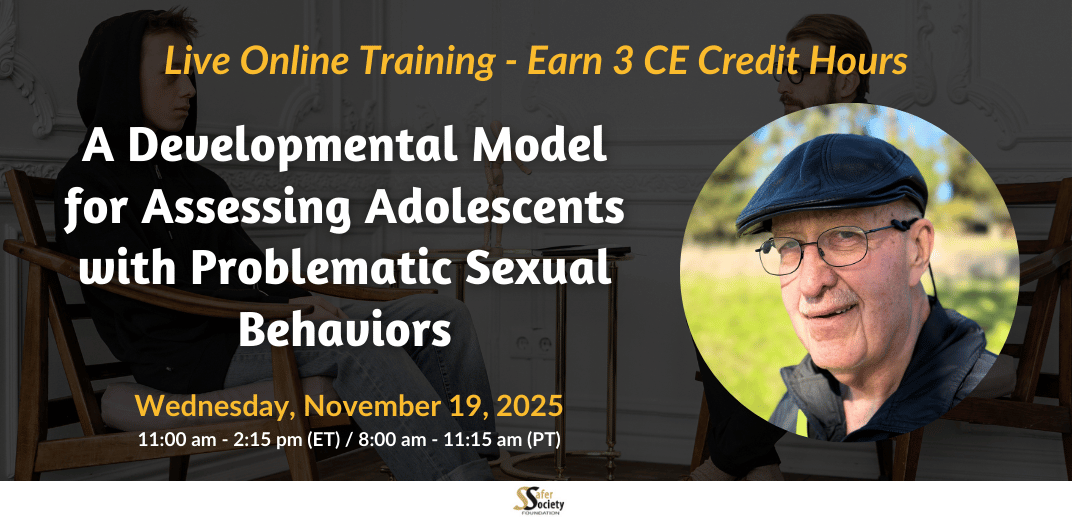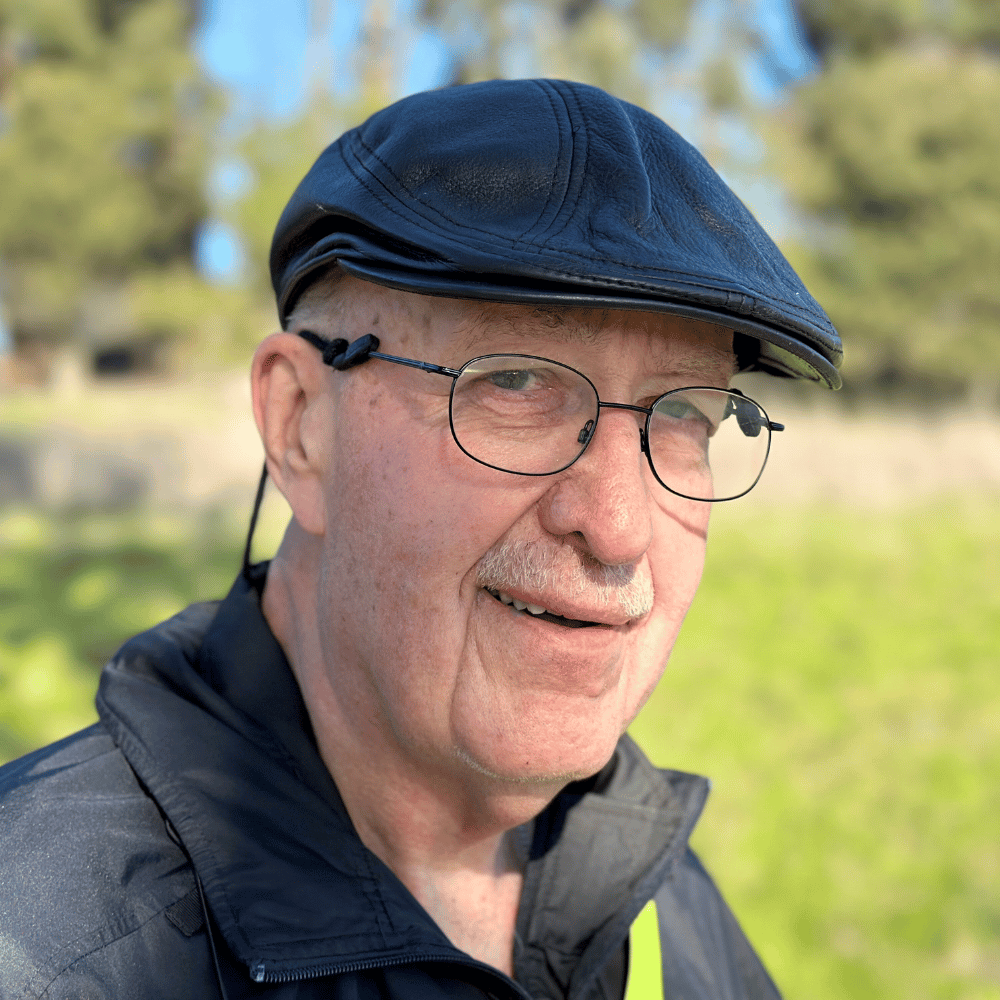
A Developmental Model for Assessing Adolescents with Problematic Sexual Behaviors
Evaluations of adolescents with problematic sexual behaviors (PSB) often focus on future risk and  recidivism, consistent with the Risk-Need-Responsivity (RNR) model. However, the low base rate of known sexual re-offense and moderate effect size of risk tools limit the accuracy of these assessments. Further, youths with PSB are still very much “works in progress.” Their abilities to anticipate consequences, solve problems effectively, and apply prosocial reasoning are still developing. Therefore, additional assessment methods may help professionals identify the most relevant risk factors and support the establishment of appropriate treatment goals.
recidivism, consistent with the Risk-Need-Responsivity (RNR) model. However, the low base rate of known sexual re-offense and moderate effect size of risk tools limit the accuracy of these assessments. Further, youths with PSB are still very much “works in progress.” Their abilities to anticipate consequences, solve problems effectively, and apply prosocial reasoning are still developing. Therefore, additional assessment methods may help professionals identify the most relevant risk factors and support the establishment of appropriate treatment goals.
In this training, Dr. Norbert Ralph presents a developmental model for adolescent assessment, emphasizing factors that disrupt normative, prosocial psychosexual development and highlighting treatable conditions that can reduce risk for repeating problem sexual behaviors. Research has identified several potentially modifiable risk factors, each linked to a threefold increase in recidivism risk:
• ADHD or related disorders
• Mood disorders
• Learning problems
• Abuse or trauma history
• Family conflict
• Sibling conflict
Dr. Ralph outlines best practices, including the structured use of quantitative and qualitative methods, multi-informant data, and alignment with standards from the American Academy of Pediatrics. He illustrates these practices through shared tools and case examples, including assessments of prosocial reasoning and brain development.
Finally, Dr. Ralph discusses the relational aspects of evaluation—working collaboratively with distressed youths and families—and emphasizes the importance of delivering a supportive, informative, and empowering treatment process. Drawing on over 45 years of experience in adolescent assessment, treatment, and research, as well as his expertise in neuropsychology and psychiatric epidemiology, Dr. Ralph demonstrates how these principles apply across diverse settings, from private practice to treatment programs. These practices have also been used to formulate California state guidelines.
Interactive Follow-Up Meeting
Attendees are invited to join an open discussion 15 minutes following the end of the training, where you can engage with fellow attendees by turning on your camera and microphone. This is an opportunity to share your experiences and contribute to a meaningful exchange of ideas. Time will be allocated to address questions or insights from the training. Please note that attendance is optional and will not affect your eligibility for a training certificate.
1) Explain the shortcomings of assessments that focus only on risk
2) List critical areas of functioning that are risk-relevant and can be modified through treatment
3) Create individualized treatment plans for adolescents who have sexually abused
4) Describe recent research findings of sexual re-offense rates by adolescents
Audience
This training is for professionals—including social workers, psychologists, counselors, probation officers, case managers, and other mental health professionals—who conduct assessments of adolescents. It is also useful for those work with adolescents in the juvenile justice and related systems who wish to better understand adolescents who have sexually abused others.
Content Level
Disclosure
Cancellations
Continuing Education Approval
American Psychological Association (APA)
Safer Society Foundation, Inc. is approved by the American Psychological Association (APA) to sponsor continuing education for psychologists. Safer Society Foundation, Inc. maintains responsibility for this program and its content.
Association of Social Work Boards (ASWB)
Safer Society Foundation, Inc., provider #233, is approved to offer social work continuing education by the Association of Social Work Boards (ASWB) Approved Continuing Education (ACE) program. Regulatory boards are the final authority on courses accepted for continuing education credit. ACE provider approval period: 06/06/2025—06/06/2026. Social workers completing this course receive 3 clinical continuing education credits.
Who's Presenting

Norbert Ralph, Ph.D, MPH
Dr. Ralph is a clinical psychologist, formerly at the Juvenile Justice Center in San Francisco, and Coordinator of the Juvenile Sexual Responsibility Program. Dr. Ralph is a psychiatric epidemiologist and neuropsychologist who has over 50 publications, including articles, book chapters, blogs, and books.
He was formerly Associate Clinical Professor in Family Practice, University of California School of Medicine at Davis, and Lecturer and Research Biostatistician in the Program in Maternal and Child Health, School of Public Health, at the University of California, Berkeley. He is a Trainer for Aggression Replacement Training through the California Institute for Mental Health. He completed the Transformative Leadership Vanguard Program through the University of Cincinnati Corrections Institute in 2025.
He is a board member of CalATSA and was formerly on the Prevention Committee of ATSA. He is on the Conference Committee of the Forensic Mental Health Association of California. He is the juvenile treatment representative on the California Sex Offender Management Board and contributed, along with other board members, to their 2022 Youth Guidelines.
